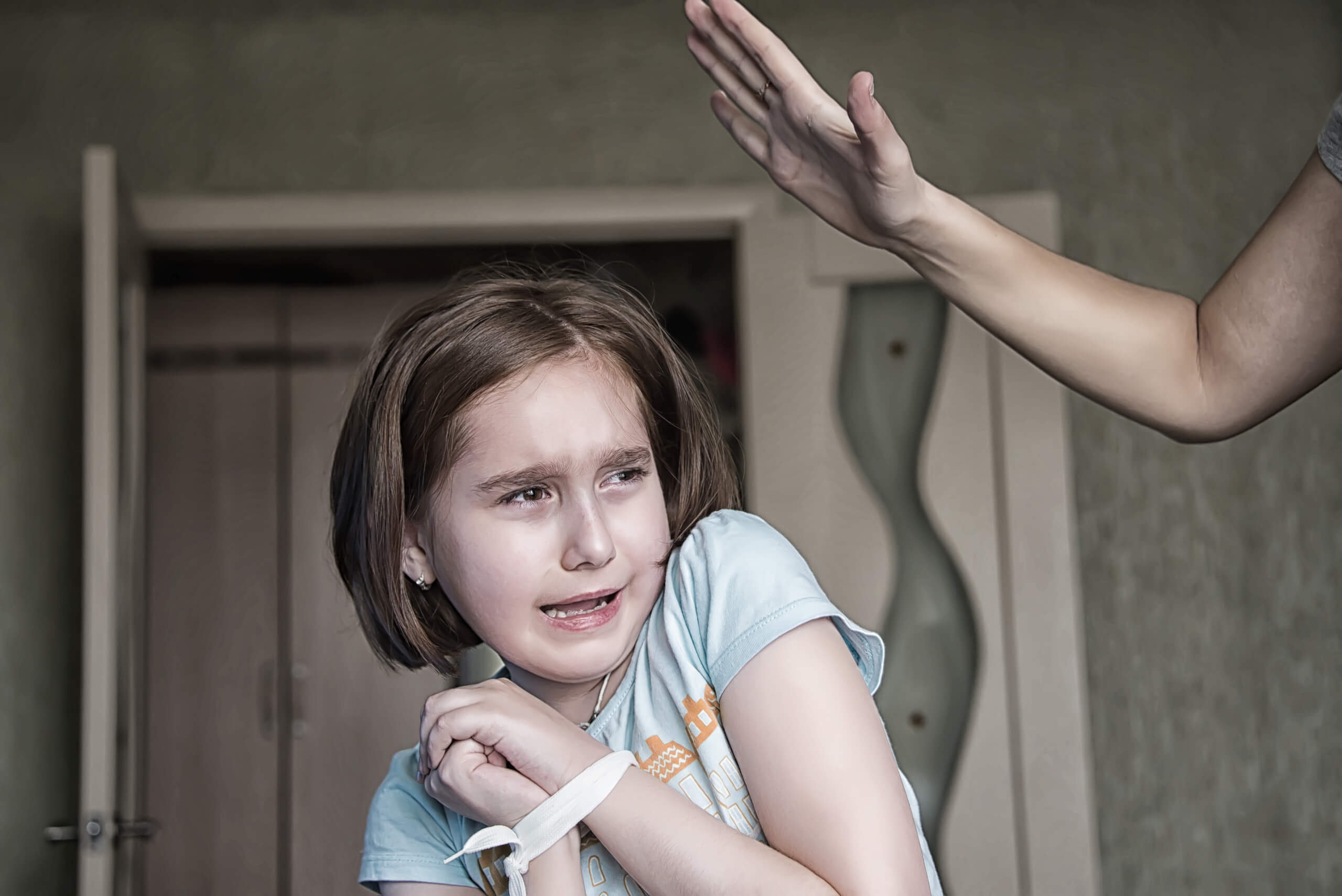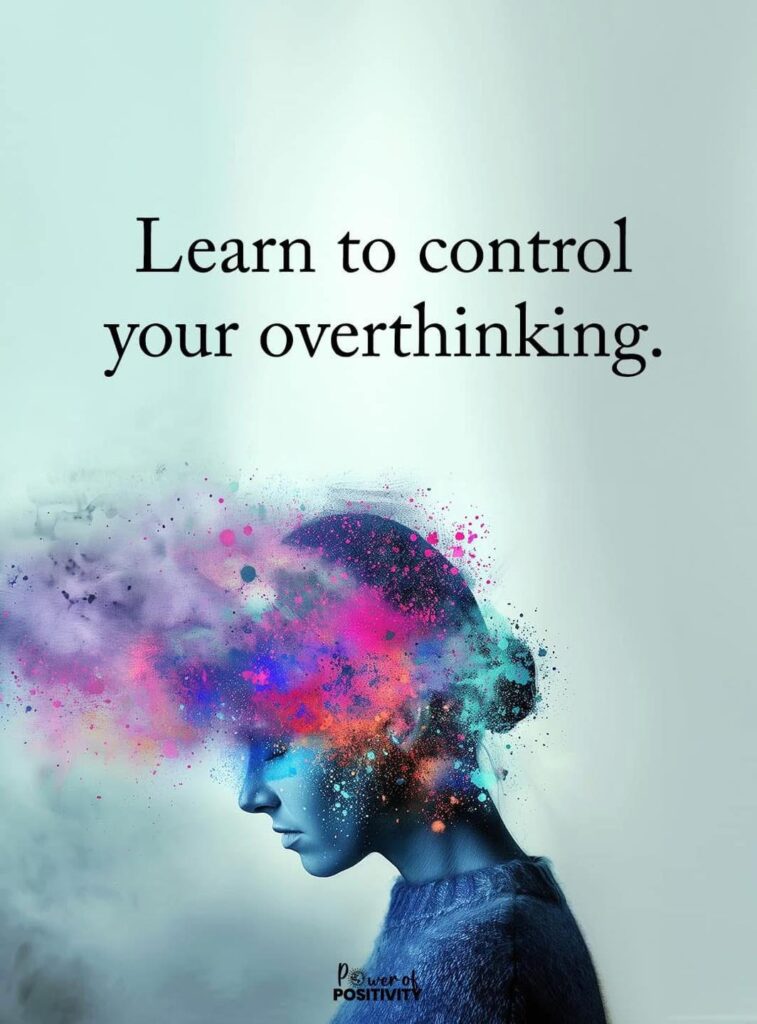When does discipline cross the line from being helpful to actually harming a child? It’s a question that’s not asked often enough, yet it’s one every parent or caregiver should consider. The use of harsh punishments, like spanking, yelling, or even silent treatment, has long been debated. Some argue that it’s a necessary tool to teach right from wrong, while others believe it does more harm than good.
The truth? Research shows that harsh punishments leave a deeper impact than most realize. They don’t just sting in the moment—they can shape a child’s brain, emotions, and behavior for years to come. Studies have linked these practices to increased stress, anxiety, and even long-term mental health challenges.
But here’s the thing: many parents don’t choose harsh discipline because they want to hurt their child. Often, it’s done out of frustration or because it’s what they experienced growing up. The cycle continues unless we pause to ask: What is this really teaching?
This article dives into the effects of harsh punishments on a child’s brain and emotional well-being, backed by science and expert insights. If you’ve ever wondered what impact your words and actions truly have, this is something you need to read.
Why Harsh Punishments Are More Common Than You Think
Understanding the widespread use of harsh punishments starts with examining what they are, how often they occur, and why parents often turn to them.
What Are Harsh Punishments?
Harsh punishments can take different forms. Physical discipline includes spanking, slapping, or hitting. Emotional punishments, on the other hand, involve yelling, belittling, or making a child feel threatened. These methods are often used as a way to quickly correct bad behavior, but the damage they cause can last a lifetime, even if the intent wasn’t to harm.
How Common Is Harsh Discipline?
Globally, harsh punishments remain alarmingly widespread. Studies reveal that millions of children experience physical discipline every year. In the U.S., more than half of parents admit to using spanking at some point. Certain factors, like financial stress and limited parental support, can increase the likelihood of harsh discipline. Families facing ongoing challenges often turn to these methods, even when they don’t believe it’s ideal.
Why Do Parents Rely on Harsh Punishments?
For many parents, harsh punishments are simply what they know. Discipline practices are often passed down through generations, normalized by culture or upbringing. In some households, physical discipline is viewed as necessary, even if its long-term effects aren’t fully understood.
Sometimes, frustration or a lack of alternative parenting tools drives these decisions. When a parent feels overwhelmed or out of options, they may resort to physical or emotional punishments without realizing the toll it takes on their child. Recognizing these patterns is key to creating healthier ways to discipline and support children.
How Punishments Affect a Child’s Brain Development
Harsh punishments do more than hurt a child’s feelings—they can leave a lasting mark on the brain. Research shows that physical and emotional discipline can affect key brain areas that are critical for a child’s growth and well-being.
The Neurological Perspective
The brain’s amygdala, which processes fear and emotions, can become overactive in children exposed to harsh punishments. This heightened state of fear can make children feel constantly on edge, even when there’s no danger. At the same time, the prefrontal cortex, which is responsible for decision-making and self-control, may not develop properly under chronic stress.
Fear and stress caused by harsh discipline also interfere with a child’s ability to learn and remember. When a child is focused on avoiding punishment, they struggle to process new information or solve problems effectively. This can make it harder for them to succeed in school and other areas of life.
Trauma and Neuroplasticity
The brain is designed to adapt to experiences, a process called neuroplasticity. While this is often a good thing, it can also work against a child who is frequently punished. Chronic stress from harsh punishments can rewire the brain, making it more sensitive to stress and less able to handle challenges.
Punitive discipline is also linked to higher levels of cortisol, a stress hormone. When cortisol levels stay elevated for too long, it can harm brain cells and impair a child’s ability to manage emotions and think clearly.
Impact on Mental Health
The effects don’t stop with brain function. Children exposed to harsh punishments are more likely to develop anxiety, depression, and even PTSD. Studies show these children often struggle with low self-esteem and difficulty trusting others, which can follow them into adulthood.
Behavioral and Emotional Consequences
Harsh punishments might seem effective in the moment, but their impact often extends far beyond what’s immediately visible. They can shape a child’s behavior and emotions in ways that are difficult to undo, affecting their relationships, confidence, and ability to navigate challenges as they grow.
Short-Term Reactions
When faced with harsh punishments, children may appear to comply immediately. This might seem like success to parents, but the truth is often more complicated. Instead of understanding what they did wrong, the child may be acting out of fear. This can lead to a fear-based relationship with authority figures, where children learn to obey not because they respect the rules but because they’re scared of the consequences.
In some cases, the opposite happens. Children may rebel and become defiant over time, especially if they feel the punishment is unfair or excessive. This defiance can turn into long-term behavioral problems, making discipline even harder as they grow older.
Long-Term Behavioral Changes
Research shows that children who experience harsh punishments are more likely to develop aggressive and antisocial behaviors. These children may struggle with conflict resolution, often resorting to anger or violence to solve problems. As adults, they may find it hard to handle disagreements calmly, leading to difficulties in their personal and professional relationships.
Emotional Consequences
The emotional impact of harsh punishments is equally damaging. Many children who are repeatedly punished harshly develop low self-esteem, feeling as though they can never do anything right. This lack of confidence can follow them into adulthood, affecting their ability to take risks or trust their own abilities.
Trust issues are another common outcome. A child who feels betrayed by their caregiver may struggle to form healthy relationships later in life. They might have difficulty trusting others or fear rejection, leading to isolation and loneliness.
Societal and Generational Impacts
Harsh punishments don’t just affect individual children—they ripple through families, communities, and even entire generations. What starts in the home often finds its way into the broader fabric of society, leaving a mark that can be hard to erase.
Normalizing Violence
When children grow up in environments where harsh punishments are the norm, they often carry these patterns into adulthood. A child who learns that hitting or yelling is an acceptable way to resolve conflicts may repeat those behaviors in their own relationships. This creates a cycle where aggression becomes a learned behavior, passed from one generation to the next.
Generational trauma is another major consequence of harsh discipline. Parents who were harshly punished as children may unconsciously use the same methods with their own kids, even when they know it’s harmful. These patterns can leave emotional scars that take years—or even generations—to heal.
Breaking the Cycle
Breaking this cycle starts with awareness. Many parents use harsh punishments simply because they don’t know any alternatives. Education about the long-term effects of these practices and the benefits of positive discipline can make a huge difference. Schools, pediatricians, and community programs can play a critical role in spreading this knowledge and equipping parents with better tools.
Community support is equally important. When families face stress, isolation, or financial struggles, they’re more likely to resort to harsh punishments. Building strong support systems—through neighbors, family, and local organizations—can provide parents with the help they need to handle challenges in healthier ways.
Effective Discipline Alternatives
Harsh punishments may feel like the only option in tough moments, but there are better ways to guide children while building their confidence and trust. Positive discipline methods don’t just correct behavior—they also help children grow into emotionally healthy, self-aware individuals.
Positive Reinforcement
Rewarding good behavior is one of the simplest and most effective ways to encourage a child to make better choices. This doesn’t have to mean big rewards—small, consistent acknowledgments like praise, stickers, or extra playtime can make a huge difference. Over time, children begin to develop intrinsic motivation, choosing to behave well because it feels good and aligns with their growing sense of responsibility, not out of fear of punishment.
Constructive Communication
Talking to children about their actions and feelings can teach them skills they’ll use for the rest of their lives. Instead of reacting with anger, calmly explain why a behavior is inappropriate and help your child identify better ways to handle similar situations in the future.
Empathy is a key part of this approach. When parents model empathy, children learn to understand and respect the feelings of others. It’s not just about correcting bad behavior—it’s about teaching kids how to express emotions, resolve conflicts, and build strong, healthy relationships.
Timeouts and Logical Consequences
Timeouts can be a helpful tool when used appropriately. A quiet moment away from the situation allows children to calm down and think about their actions. The key is keeping timeouts short and age-appropriate—just a few minutes is often enough for younger kids.
Logical consequences are another alternative. For example, if a child refuses to pick up their toys, those toys might be put away for a day. These types of punishments make sense to children, helping them understand accountability without fear or confusion.
Final Thoughts
Parenting is one of the hardest jobs in the world, and discipline is often the toughest part of it. When faced with challenges, it’s easy to fall back on what we experienced as kids or what seems to work in the moment. But harsh punishments, whether physical or emotional, have consequences that reach far beyond the present.
The effects of harsh punishments don’t just fade with time. They can reshape a child’s brain, leaving lasting scars on their mental health and emotional well-being. These methods may lead to fear and obedience in the short term, but over time, they often result in low self-esteem, anxiety, and strained relationships.
Mindful discipline is about more than correcting behavior—it’s about guiding children toward emotional and cognitive growth. It means teaching them responsibility, empathy, and respect in a way that builds their confidence instead of breaking it. Positive approaches, like reinforcement, communication, and logical consequences, offer a better path forward, one that nurtures children rather than harming them.
Every parent wants their child to thrive, and choosing kinder, more effective discipline strategies can make a world of difference. The goal isn’t perfection—it’s progress toward raising resilient, emotionally healthy kids who know they are valued and loved.















